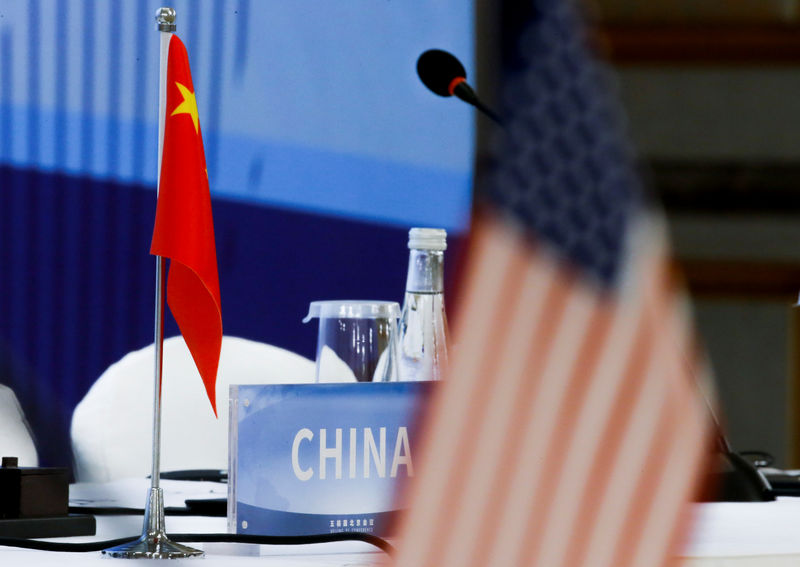Investing.com — The U.S. election results have significant implications for emerging markets (EMs), with trade tensions and currency adjustments shaping the outlook, according to a recent report from Bank of America (BofA).
The potential for a new trade war between the US and China, especially if Trump wins, is a major concern.
“EM fund outflows are likely to materialize if trade war concerns materialize in the near term,” BofA strategists David Hauner and Claudio Piron said in a note.
Strategists point out that many investors have not clearly positioned themselves for one outcome or another, given the ‘too low’ conviction levels.
“Customers told us they were at very low risk, but were completely unprepared for a trade war scenario,” strategists noted.
Instead, they focused on trading strategies that consisted of selling rallies in the US dollar and buying dips in emerging market currencies.
The implications of a trade war scenario for emerging market fundamentals “must be taken very seriously,” strategists emphasize, adding that “even conservative assumptions about tariffs” could have a significant impact on emerging market equilibrium prices.
This is especially true in Europe and North Asia, where limited fiscal space limits economic stimulus options. For fiscally vulnerable countries like Brazil, a stronger dollar and rising interest rates could add further pressure.
The BofA team noted that the US dollar could see “material further appreciation” against emerging market currencies, putting additional pressure on interest rates and foreign debt spreads.
“Markets that are particularly open for trading are likely to underperform,” strategists wrote. “Interest rates should eventually decline as the growth impact dominates during the currency pass-through, but it is still too early for the upside move to fade.”
Still, BofA ultimately sees opportunities in markets with solid fiscal and inflation credibility, where rate cuts could be beneficial as growth concerns begin to dominate currency pressures.
In emerging Asia, much depends on China’s response. Policymakers are expected to prioritize currency stability, especially if it rises above 7.30. However, BofA warns that “this policy tension could put downward pressure on an equity rally unless the fiscal stimulus is strong.”
China’s response to possible tariffs will likely set the tone for other Asian economies and influence their currency and trade policies.
For smaller, open economies in Asia, a protectionist U.S. policy would pose challenges on two fronts: reduced trade volumes and inflationary pressures from U.S. tariffs. The latter could disrupt easing cycles in countries such as Korea, Indonesia and Thailand. Ironically, US tariffs could lead to disinflation across Asia as China shifts exports to other emerging countries, leading to “greater monetary tensions as Asian central banks feel the need to cut as exports and inflation decline, but the USD is strong.”
Overall, BofA expects Northeast Asian currencies, such as the , , and , to underperform their Southeast Asian counterparts. An exception is , which has maintained its strength thanks to policy credibility and investment inflows, but could weaken if global protectionism persists.


